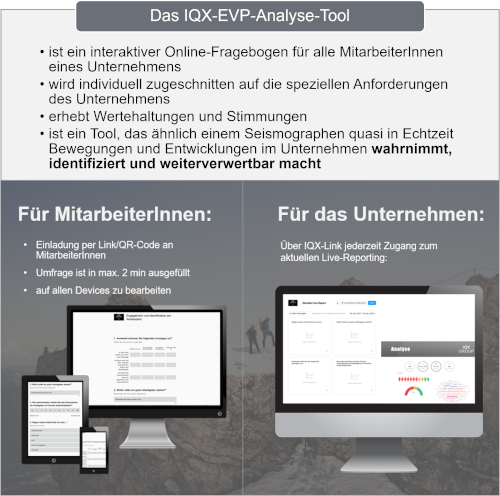Employer Branding
Are you having trouble finding and retaining qualified employees?
In an increasingly globalized and digitalized world of work, companies face a variety of challenges when it comes to attracting, retaining, and motivating qualified employees. These challenges range from a growing shortage of skilled workers in certain sectors to a growing need among employees for meaning in their work and a better work-life balance.
Company identification is becoming increasingly important, for both employers and employees. Statistics, surveys, and studies show that young talent can no longer be won over solely by salary, pension benefits, or free drinks.
They pay far more attention to team spirit, the company culture, and their employer's values. Life is short, and those who have a choice spend most of their day in an environment where they feel comfortable or with which they readily identify.
We can support you on your journey to becoming a brand loved by your employees, a LOVE BRAND.



